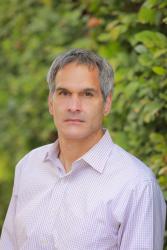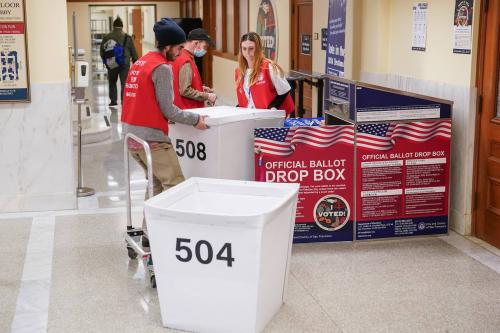Deepfakes are videos that make a person appear to say or do something they did not say or do, and they are coming to an election near you. With the 2020 election contests coming up, how can we guard ourselves against deep fakes and prevent them from changing the outcome of an election? To address this problem, this episode features a conversation with John Villasenor, a nonresident senior fellow in Governance Studies and the Center for Technology Innovation at Brookings. He is also a professor of electrical engineering, public policy, law, and management at UCLA.
Related content:
Deepfakes, social media, and the 2020 election
Artificial intelligence, deepfakes, and the uncertain future of truth
Digital threats to campaign 2020: Fake nudes, doctored images, and widespread disinformation
The West is ill-prepared for the wave of “deep fakes” that artificial intelligence could unleash
Protecting American elections from foreign interference
Subscribe to Brookings podcasts here or iTunes, send feedback email to [email protected], and follow us and tweet us at @policypodcasts on Twitter.
The Brookings Cafeteria is part of the Brookings Podcast Network.




Commentary
PodcastDon’t be fooled by deepfakes
August 16, 2019